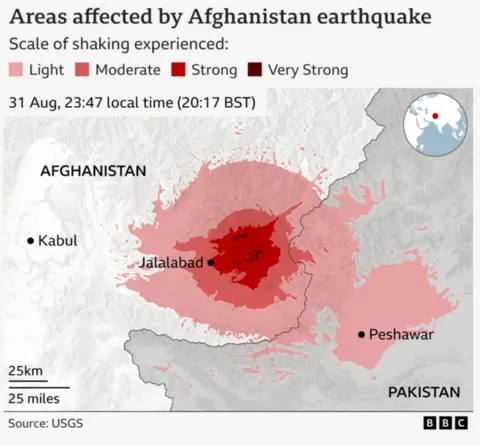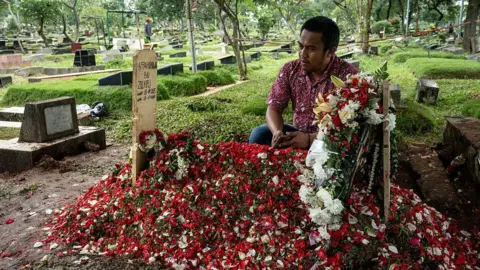The echoes of history resound as survivors and relatives come together to commemorate the 80th anniversary of the tragic liberation of the Bergen-Belsen concentration camp in April 1945. More than a thousand attendees, including 180 British Jews, gathered at the former camp site to honor those who suffered at the hands of Nazi brutality. This event serves as both a remembrance of the past and a reflection on the profound impacts of that dark chapter in history.
As British and Canadian soldiers entered Bergen-Belsen, they were confronted with a horrendous sight—13,000 unburied corpses alongside approximately 60,000 emaciated survivors. Many of these individuals had endured unimaginable suffering, struggling with diseases, malnutrition, and the toll of war. Notably, Bergen-Belsen did not feature gas chambers; instead, rampant overcrowding and neglect accounted for numerous deaths in the weeks leading up to liberation, with particularly tragic losses occurring in late April 1945.
Historical accounts highlight the distinctiveness of Bergen-Belsen compared to other concentration camps, as many extermination sites such as Treblinka and Auschwitz had been systematically destroyed or emptied prior to liberation. Surviving testimonies captured the atrocities that unfolded in this camp, solidifying its notoriety in the annals of history. American soldier Michael Bentine described Belsen as “the ultimate blasphemy,” capturing the disbelief experienced by many who bore witness to the horrors.
During the recent commemoration, participants laid wreaths in honor of the victims, with tributes from dignitaries, including Deputy Prime Minister Angela Rayner, and a psalm read by Chief Rabbi Sir Ephraim Mirvis. As the verdant site has transformed in the decades since the war, little remains of the buildings that housed unimaginable suffering. A visitor center and memorial stones have been erected, serving as poignant reminders of the past and the lives lost in the shadows of history.
The impact of Bergen-Belsen extends far beyond its physical remnants; it remains a vital narrative of resilience against tyranny and a stark reminder of the consequences of hatred.





















